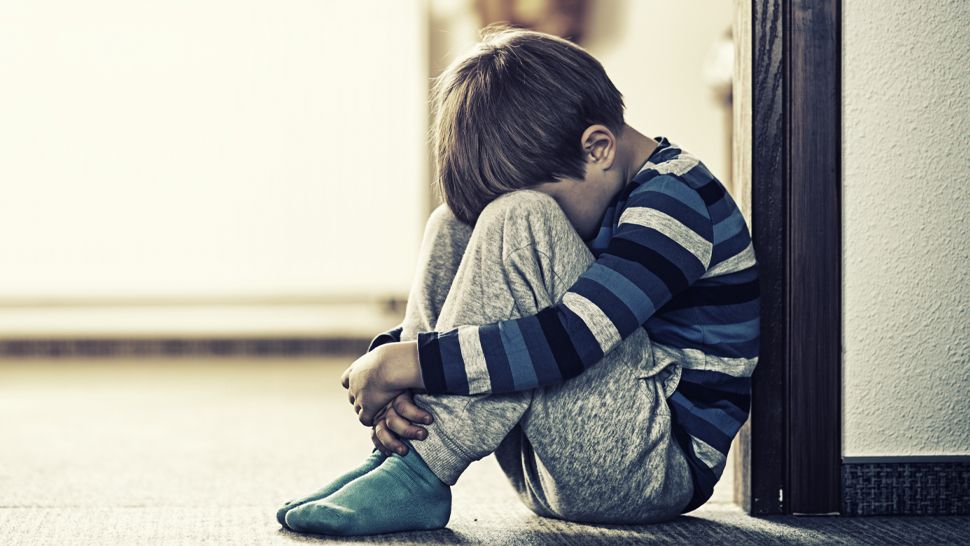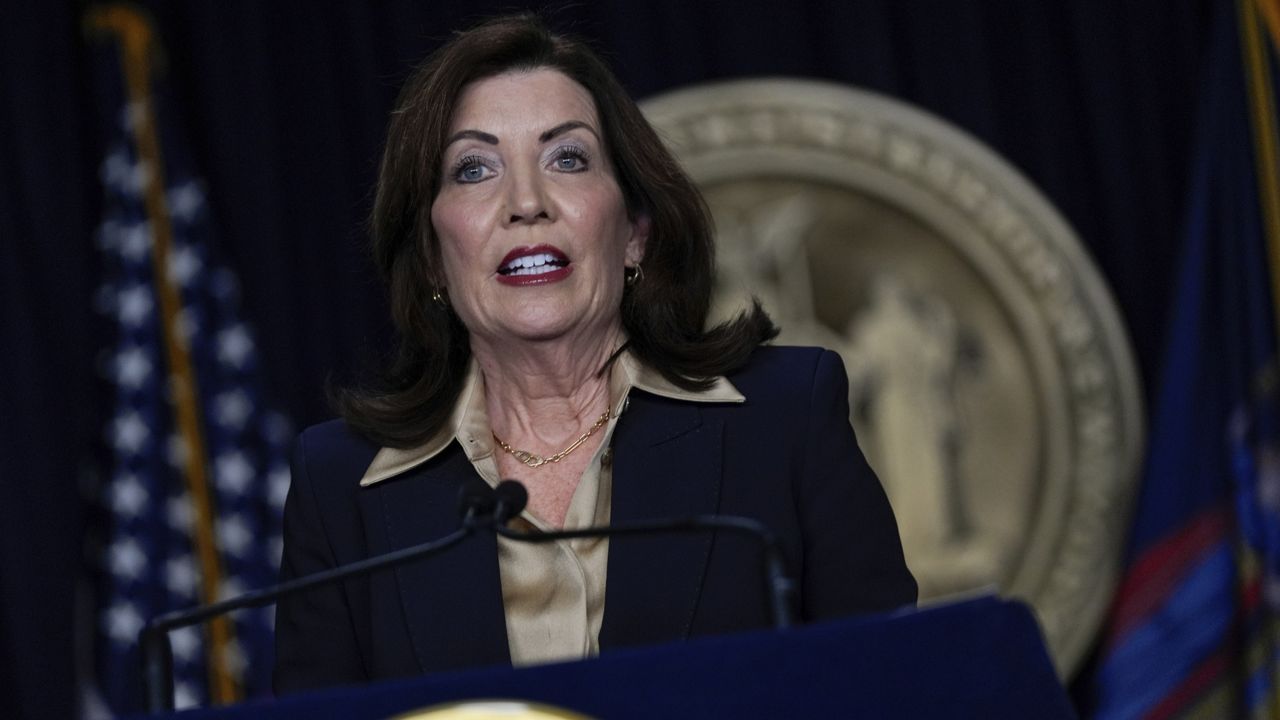First responders, like police officers, firefighters and emergency medical services workers, put their lives on the line to protect communities. They’re usually the first at a scene to face challenging and dangerous situations, putting others before themselves.
But running into disasters may be impacting their mental health, according to federal data.
Firas Mkamel is always ready to jump into action. The 20-year-old has been a volunteer firefighter with the Monroe Joint Fire District for about four years.
The other firefighters, he said, are his brothers. The risks of the job is something he thinks about often. That sense of brotherhood is what he leans on when he responds to a scene to keep him focused.
What You Need To Know
- Monroe Joint Fire District recently responded to a devastating fire that tragically killed a family of three in Monroe
- Thirty percent of first responders face depression, stress and PTSD, according to DHHS data. Factors for firefighters include repeated exposure to dangerous experiences and erratic sleep schedules
- Tyler Young, who has been a volunteer firefighter for a year, is open to seeking mental health support if he needs it, especially from older firefighters
- Chief Rich Lenahan regularly holds debriefings after calls, including to check in on his team's mental health. If the need is elevated, he can direct the firefighter to Orange County, which provides mental health assistance to both career and volunteer firefighters
“There’s always that thought of, in my mind, that like, when I go am I gonna come back? But I know that I have people behind me that support me, and will get me out if anything goes wrong,” Mkamel said. “I have full trust in my team.”
The company recently responded to a fire that killed a family of three. It was a devastating loss for the community and the firefighters at Monroe Joint Fire District, who take their duty to serve and protect to the heart.
Most firefighters in the U.S. are volunteers.
Back at the firehouse was 17-year-old Tyler Young, a junior firefighter for about a year. He said it was an easy decision to join. Some days, he admits, can be intense. As a rookie on this team and one of the youngest brothers, he’s open to seeking mental health support if he needs it.
“A lot of people just like wanna seem tough, especially in this profession. But in the end, you got to talk to the people, especially the people you work with,” Young said. “Because these are the guys you’re doing a dangerous job with, and like you need to rely on them, not just to do the work on the ground, but to be able to support you both mentally and just like emotionally.”
Jason Torres was at that recent tragic fire event in Monroe that claimed the lives of the family. He’s been a volunteer firefighter for a year. He described that day as “organized chaos,” and offered unwavering support to his brothers throughout.
“I wasn’t there for when they pulled the bodies out, but I was there for when the actual event happened,” Torres said. “I left and was with one of the older members, and we spoke about it, we spoke about what’s happening. We actually went and made sure that everybody else had something to eat, something to drink.”
Mkamel wasn’t at that fire, but the gravity of the situation wasn’t lost on him.
“It can be traumatic, it can be stressful in that situation,” he said. “Not a lot of firefighters could deal with seeing dead bodies.”
The U.S. Department of Health and Human Services says 30% of first responders face depression, stress and PTSD. Factors for firefighters include repeated exposure to dangerous experiences and erratic sleep schedules.
But there are barriers to getting access to mental health care because of the cost of treatment and the stigma around seeking help in a profession that requires bravery.
Chief Rich Lenahan said he’s an advocate for mental health support. He regularly holds debriefings after calls to check on his team’s mental health.
“You have to have a sound mind to do this business. It’s not an easy business, and it’s not for everybody," he said. "We see people come and go all the time, and you have people last here for a very long time. It takes a certain type of person to be a firefighter.”
They are brave people who perform a duty, and are willing to sacrifice themselves, their sleep schedule and time away from their families to keep communities safe. But who may, sometimes, also need rescuing themselves.
Orange County provides assistance to career and volunteer firefighters to deal with stress or any other mental health needs.








